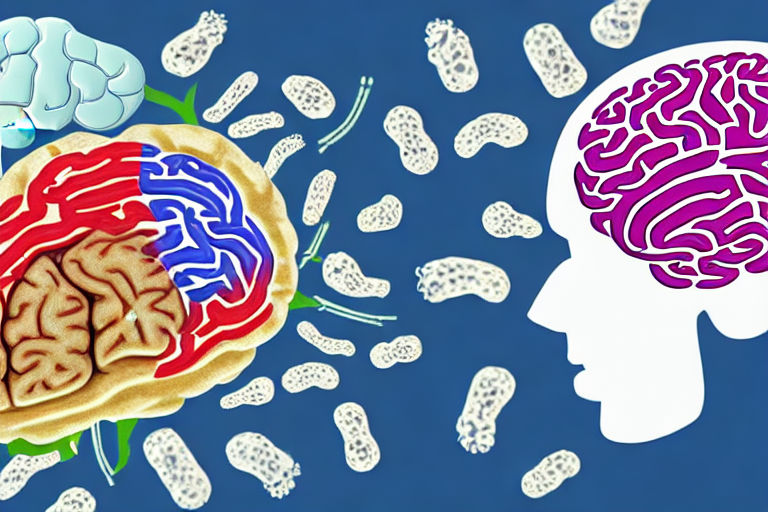Could Probiotics Be the Key to Better Brain Health?
Probiotics, which are live bacteria and yeasts that are good for our digestive system, have gained a lot of attention in recent years for their potential health benefits. While most people associate probiotics with gut health, research suggests that these “friendly” bacteria could also play a role in supporting better brain health.
What are Probiotics?
Probiotics are living microorganisms that provide health benefits when consumed in adequate amounts. They are often referred to as “friendly” or “good” bacteria because they help keep the digestive system healthy by breaking down food and producing important nutrients like vitamin K and short-chain fatty acids.
Probiotic strains are found in a variety of food sources such as yogurt, kefir, kimchi, sauerkraut, miso soup, and pickles. They are also available as supplements in capsule, chewable or liquid form.
How Do Probiotics Affect Brain Health?
The brain and the gut are interconnected through the gut-brain axis, which is a two-way communication network that sends messages between the central nervous system and the gut microbiome. This bidirectional pathway has been associated with various mental health conditions, including depression and anxiety.
Research suggests that a healthy gut microbiome, which can be supported by probiotic supplementation, can help regulate the gut-brain axis and improve brain function. One study published in the Journal of Alzheimer's Disease found that a specific strain of probiotic improved cognitive function in people with Alzheimer's disease.
Which Probiotic Strains are Good for Brain Health?
Not all probiotics are created equal, and certain strains may have more beneficial effects on brain health than others. Here are a few strains that have been shown to support cognitive function:
- Lactobacillus plantarum: This probiotic strain has been associated with reduced anxiety and improved memory function.
- Bifidobacterium breve: Studies suggest that this strain may reduce depressive symptoms and improve cognitive function in adults.
- Lactobacillus helveticus: This strain has been found to improve cognitive function and reduce symptoms of depression and anxiety.
Conclusion
While research into the relationship between probiotics and brain health is still in its early stages, the evidence suggests that these “friendly” bacteria could hold the key to better brain function. Incorporating probiotic-rich foods into your diet or taking a daily probiotic supplement may be a smart move for those looking to support not only their gut health but also their brain health.



